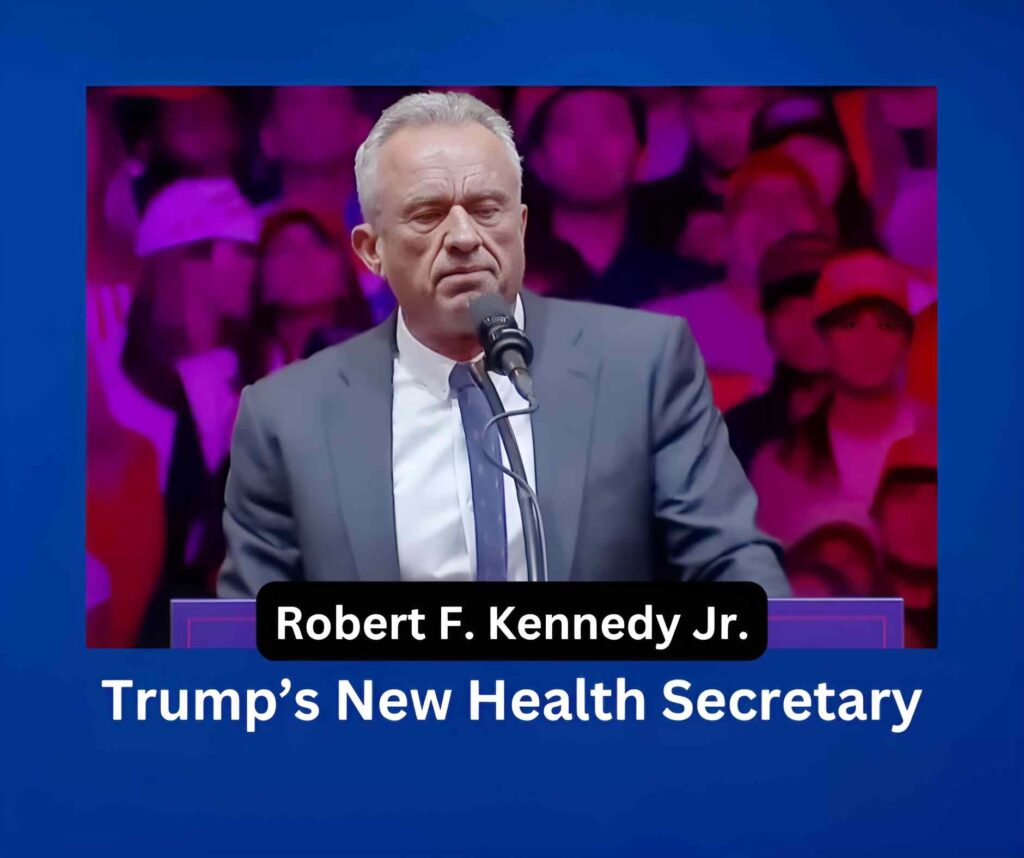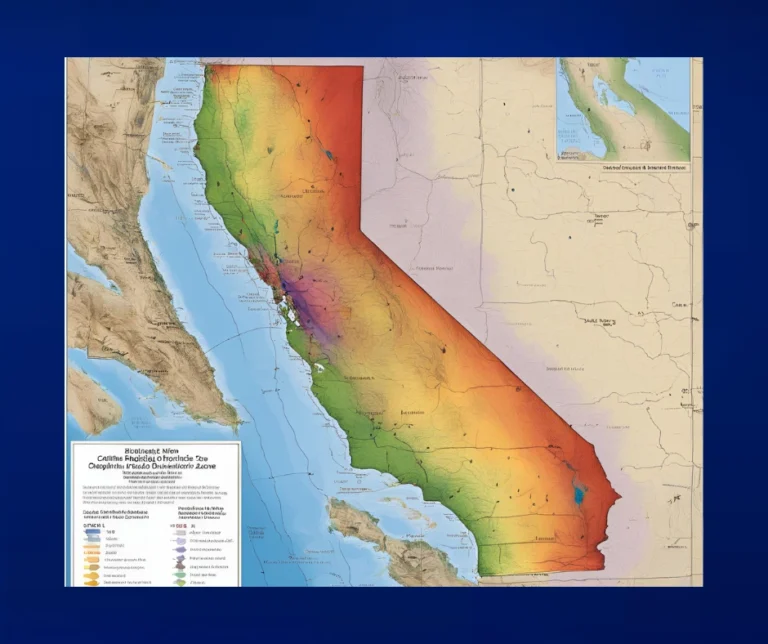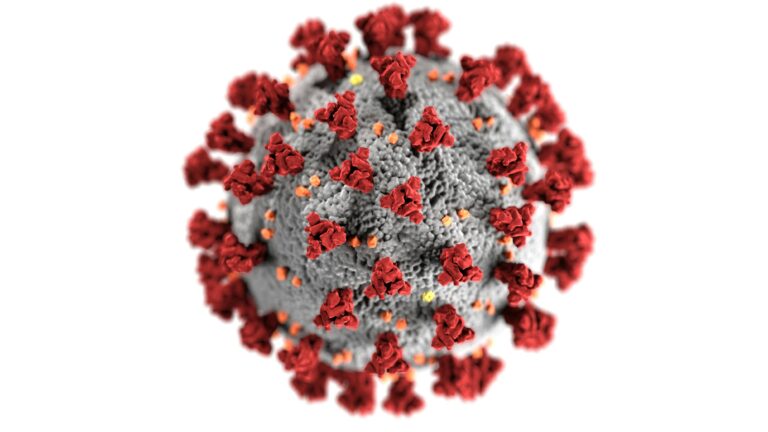
US Healthcare System - Secretary Us Health Care System
Scaling Back Public Health Insurance Programs
The Trump administration signals a shift towards reducing the scope of public health insurance programs within the broader health care system. This could potentially lead to an increase in the uninsured rate and introduce new obstacles to accessing reproductive care, which might affect people across the nation. There are concerns that adjustments could undermine the Affordable Care Act (ACA) protections, introduce work requirements for Medicaid, and lead to significant funding cuts for safety net insurance programs. Additionally, federal agencies tasked with public health preservation may face challenges that impact their efficacy.
Abortion and Reproductive Health Restrictions
Abortion procedures and access may face heightened restrictions nationwide. A significant focus could be placed on limiting the distribution of abortion medications, particularly through mail, intensifying the barriers to reproductive healthcare. Although President-elect Donald Trump has stated abortion regulations should be state matters, selective federal influences could still emerge through health care legislation.
Emboldening Vaccine Skepticism
The induction of Robert F. Kennedy Jr., a known vaccine skeptic, into Donald Trump’s circle of health advisors raises alarms about opposition to science-backed public health measures. This might lead to contentious debates on practices like public water fluoridation and child vaccinations, potentially giving rise to preventable ailments and eroding trust in scientific consensus amidst evolving healthcare innovation trends.
Modifications to the Affordable Care Act
While a full repeal of the ACA seems unlikely, the Trump administration is expected to reconsider the continuation of enhanced premium subsidies for Obamacare plans. Failure to extend these subsidies could result in substantial premium hikes and reduced enrollment. With Republicans grasping the Senate majority, the Trump-led government may explore avenues to inject more competition into ACA marketplaces, though specifics remain vague. Potential strategies include reducing enrollment outreach funding and relaxing plan compliance with ACA standards, impacting healthcare cost management for high-risk individuals.
Drug Price Negotiation
There are indications that Donald Trump might preserve Medicare’s negotiating power over drug prices, continuing efforts to lower prescription costs within federal health policies. His prior endeavors, including attempts to benchmark Medicare drug prices to lower international rates, suggest an ongoing commitment to addressing pharmaceutical pricing strategies, albeit facing industry pushback.
Leadership and Structural Changes in Health Agencies
Speculation surrounds the appointment of key figures to lead the Department of Health and Human Services under Trump’s leadership. Notable contenders include Bobby Jindal and Seema Verma, although Robert F. Kennedy Jr.’s potential role as head remains contentious. The administration’s senior appointments could significantly influence health care policy directions, particularly concerning Medicaid restructuring and federal spending policies.
Medicaid and Its Future
Ambiguity clouds the Trump administration’s Medicaid policy, with possibilities including funding cuts and the introduction of work requirements. Proposals to revamp funding—capping federal allowances to states—might lead to severe program reductions, impacting coverage for low-income households within the healthcare infrastructure. Continued pressure on Medicaid could aim at offsetting tax break extensions, thereby fundamentally altering its funding and service availability.
Impact on State-Specific Reproductive Health Measures
In a complex landscape of state-specific conditions, Donald Trump’s presidency might exert indirect influence on reproductive health. States exhibit a wide spectrum of abortion regulations, with some ballot measures safeguarding rights while others impose restrictions. Moving to federally restrict abortion medication remains a possibility.
Q&A
Q1: What changes can we expect in health insurance under the Trump administration?
A1: The Trump administration may scale back public health insurance programs, potentially increasing the uninsured rate and imposing new barriers on reproductive care, including modifications to Medicaid and ACA.
Q2: How might Trump’s victory affect vaccine policies?
A2: With Robert F. Kennedy Jr. as an advisor, there might be increased scrutiny and opposition to established vaccine policies, which could stir public skepticism on scientific health interventions.
Q3: What could happen with drug prices?
A3: Trump is likely to support efforts to reduce drug prices, potentially maintaining Medicare’s negotiating power and exploring cost-reduction strategies tied to international pricing models.
Related Article: How it will affect you?


